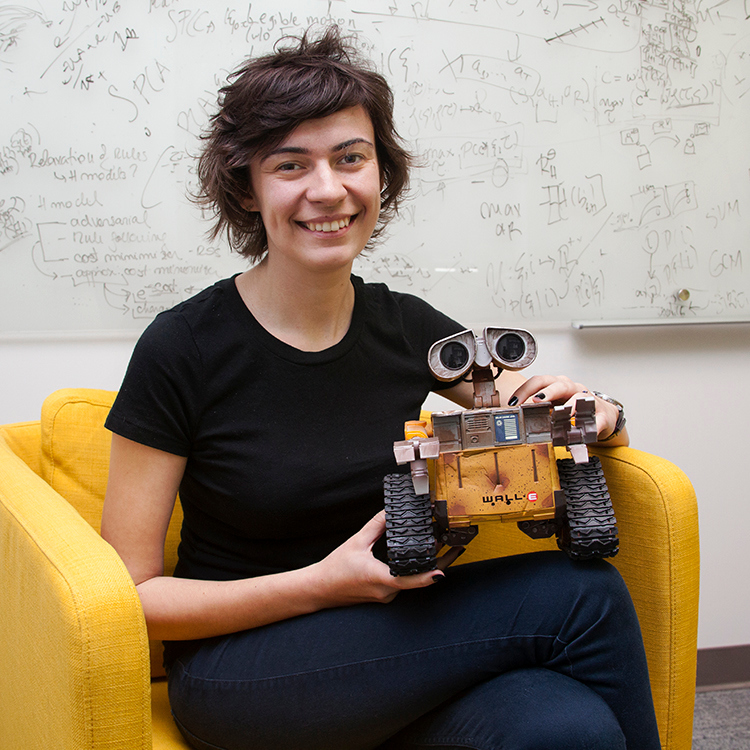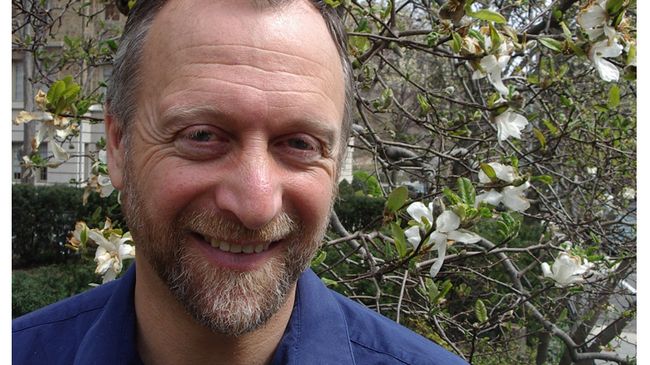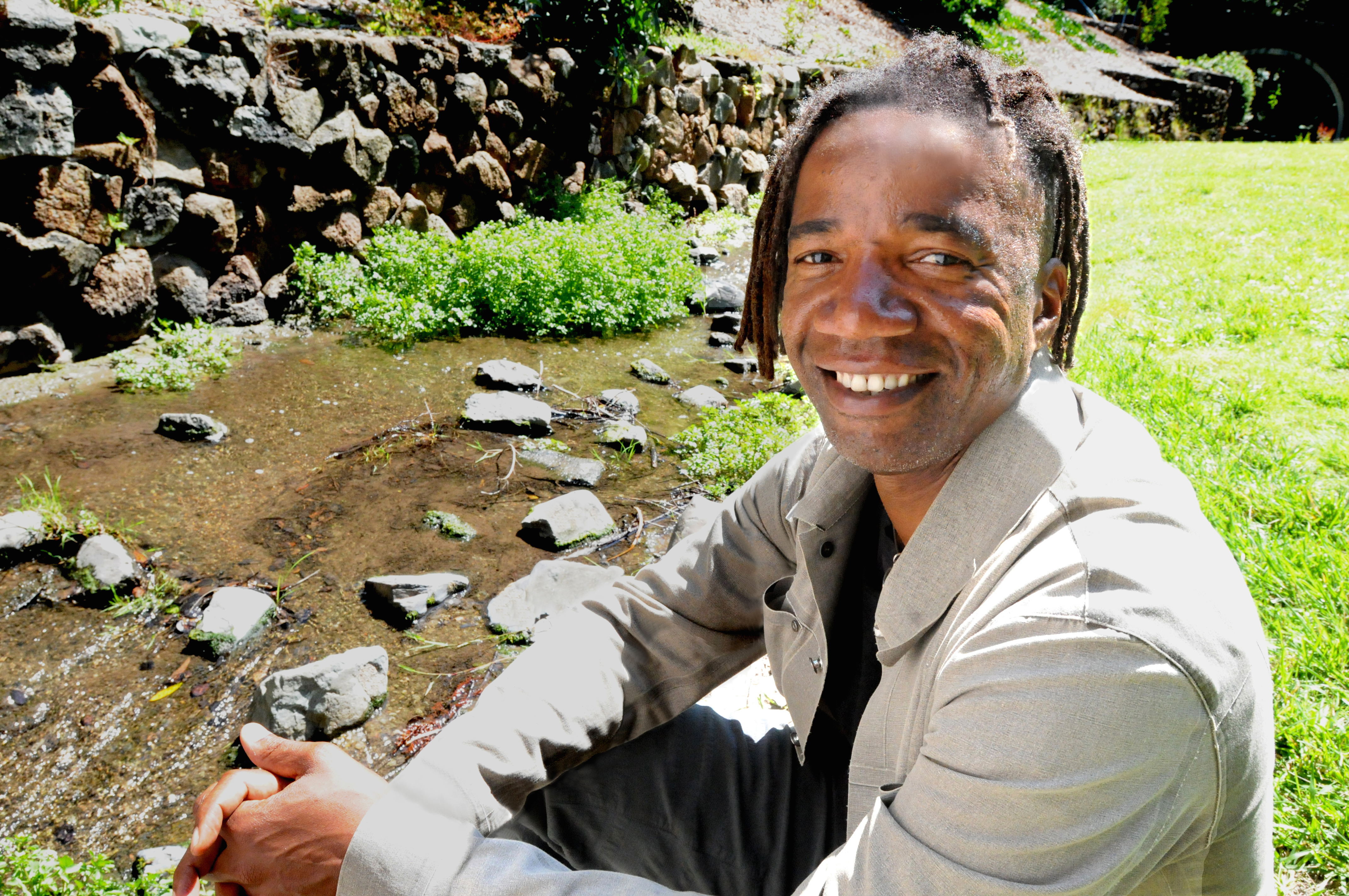New Brilliance of Berkeley Course Introduces Undergrads to 28 Luminaries — In One Semester
Friday lectures in Wheeler Hall start this week; staff is invited, space allowing.

With so much brilliance at UC Berkeley — from headline-grabbing research to stellar faculty members across disciplines — it’s impossible for undergraduates, many scouting for their academic passions, to sample it all while on campus.
But this week, a new spring semester course, Brilliance of Berkeley, kicks off with space for 744 in-person participants and 5,000 more online. In 14 weeks, students will meet 28 Berkeley luminaries, including three Nobel laureates and several MacArthur Foundation "genius grant" awardees, from a wide range of fields and hear lectures about their research.

Staff members can attend in person on a first-come, first-served basis. Each presentation will be recorded and made available afterward, with captions, to the campus community.
The one-unit pass/no pass course will run from noon to 2 p.m. each Friday and feature one or two faculty members a week, each delivering a 50-minute talk. Students will receive modest online assignments and invites to an array of out-of-class activities — such as a campus athletic event or musical performance — designed to help them connect with their peers and with Berkeley.
Oliver O’Reilly, vice provost for undergraduate education, said the primary goal of the College of Letters and Science course, which starts this Friday, Jan. 19, is to give students potentially life-changing exposure to "the immense spectrum of academic and intellectual pursuits" at Berkeley.
"It’s not inconceivable," he added, "that some students will learn lessons from another discipline that will contribute greatly to their studies in their chosen major or transform their undergraduate research experience. … I hope this becomes a signature undergraduate course at Berkeley every spring."
O’Reilly said that, in many ways, the new course is a tribute to Chancellor Carol Christ, a distinguished scholar of Victorian literature scholar who is retiring at the end of the academic year. Although she will not be presenting a lecture, she was instrumental in developing the course.
“At a time when the job of chancellor and university president appears to be all but impossible, Carol Christ leaves a legacy of success that marks her as one of the great leaders of this essential institution,” said Professor Randy Schekman, winner of the 2013 Nobel Prize in Physiology or Medicine. He will give the first lecture this Friday, and sleep science expert Matt Walker, professor of neuroscience and psychology, will be giving a talk the second hour.
Not 'standard TED Talks'

The lecturers were nominated by Berkeley’s deans and will cover timely topics that include how U.S. housing policy has widened housing and wealth inequality, inflation's effect on our behavior, the use of incentives to fight climate change, why people join cults, the search for extraterrestrial civilizations, improving school and job outcomes through better child health, and the importance of poetry and learning languages.
Ula Taylor, a professor of African American studies with a specialization in women’s history, said her lecture on March 15 will be about "the life choices of Black women and how patriarchy shapes who they are and how they move in the world. … Black women experience America in a particular way because of gender and race, and I aim to highlight the complexity and glaring contradictions."

Taylor added that she is impressed with Brilliance of Berkeley’s diversity of topics and range of faculty members and is "so glad that the campus understands the importance of our teaching and scholarship."
O’Reilly said the lectures will not be "standard TED Talks," in that the speakers also may share their first encounters with the ideas that sparked their careers and describe their research processes.
Jennifer Doudna, winner of the 2020 Nobel Prize in Chemistry, will speak on March 8 about the chemistry of CRISPR. On the Brilliance of Berkeley webpage, she adds that her lecture will include "my professional journey to this breakthrough and my current efforts to ensure safe and practical use of CRISPR technology in healthcare and agriculture."
Schekman, professor of cell biology, development and physiology, also plans in his lecture to share with the audience a bit about his journey and invite, time-allowing, questions from students.
"I will discuss my early experiences growing up in Southern California, my journey to Cal and the amazing students who have made my discoveries possible," he said, and "how a personal tragedy gave me an opportunity to turn my grief into a positive effort to help understand a major neurodegenerative disease."
Plans are for the new course to be offered each spring semester and to feature an ever-changing roster of professors. It’s designed to align with the campus-wide Berkeley Discovery Initiative, which is creating opportunities and access for all undergraduates in their search for experiential learning to augment their education.
Being launched in phases, the initiative aims to quickly draw in students eager to discover more about their academic passions through activities including research, community engagement, entrepreneurship and artistic expression.
Taylor said she hopes Brilliance of Berkeley will inspire undergraduates to learn more about topics they might not have considered before, "to take courses outside of the major and GE (general education) requirements."
"When we are outside of our intellectual comfort zone," she said, "transformative learning can seep into our imagination."
